Articles
SIRC articles provide evidence-based and actionable insights from sport researchers, athletes, coaches, sport organizations and thought leaders to advance sport in Canada.
Featured Article
Concussions in Sport: What Parents Need to Know About the Youngest Athletes
Each year in Canada, more than 200,000 athletes experience a concussion. The numbers are striking, and so is the fact that until recently, the youngest athletes were almost absent from research and public conversation about these injuries. Dr. Miriam Beauchamp is a professor at the University of Montreal, a researcher at Sainte-Justine Hospital, and Canada…
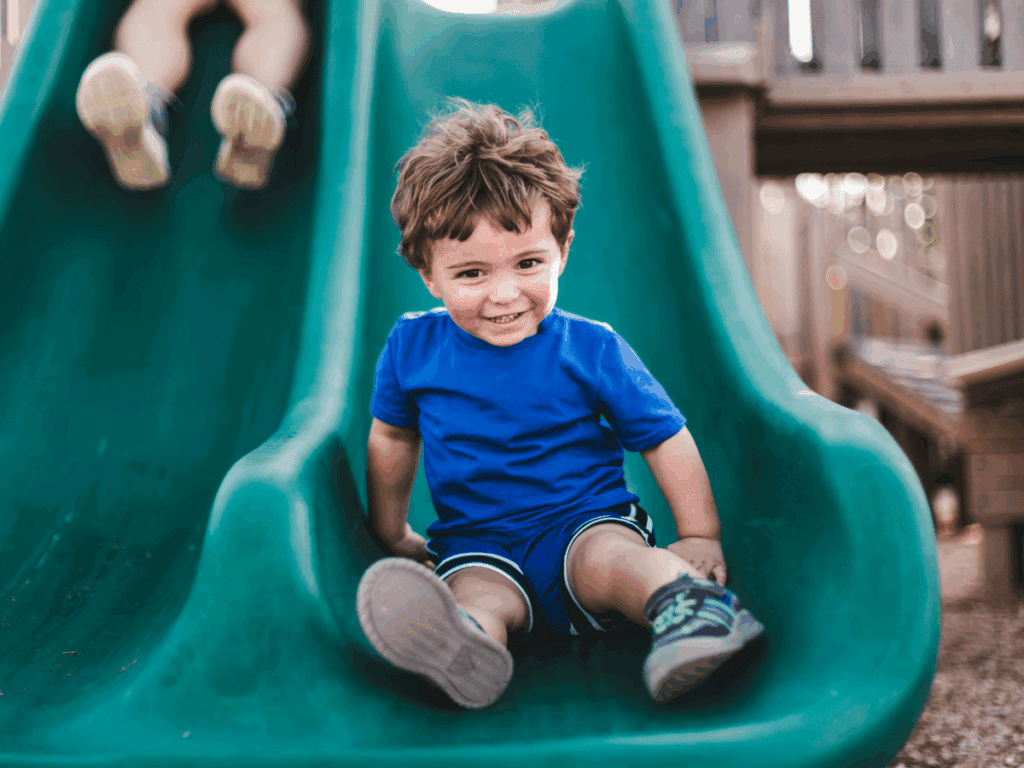
Search Articles
This article is part of a series in collaboration with the Centre for Healthy Youth Development through Sport (CHYDS) at Brock University and was presented at the CHYDS’ hosted Youth Sport Summit in April 2024. Most kids who have played basketball...
The state of coaching sport: Landmark report reveals new insights and data
July 15, 2024
| Eric McLoughlin
This article is part of a series in collaboration with the Centre for Healthy Youth Development through Sport (CHYDS) at Brock University and was presented at the CHYDS’ hosted Youth Sport Summit in April 2024. Coaching is the backbone of sport,...

ReThink Sport: Building an inclusive and equitable future for youth sports in Canada
July 15, 2024
| Catherine Sabiston, Sasha Gollish & Vanessa Coulbeck
From coast to coast to coast, what could a reimagined equitable, diverse, and inclusive youth sport system look like, especially for girls? This is the question driving the mission of the ReThink Sport Project. Given what we know; that youth...
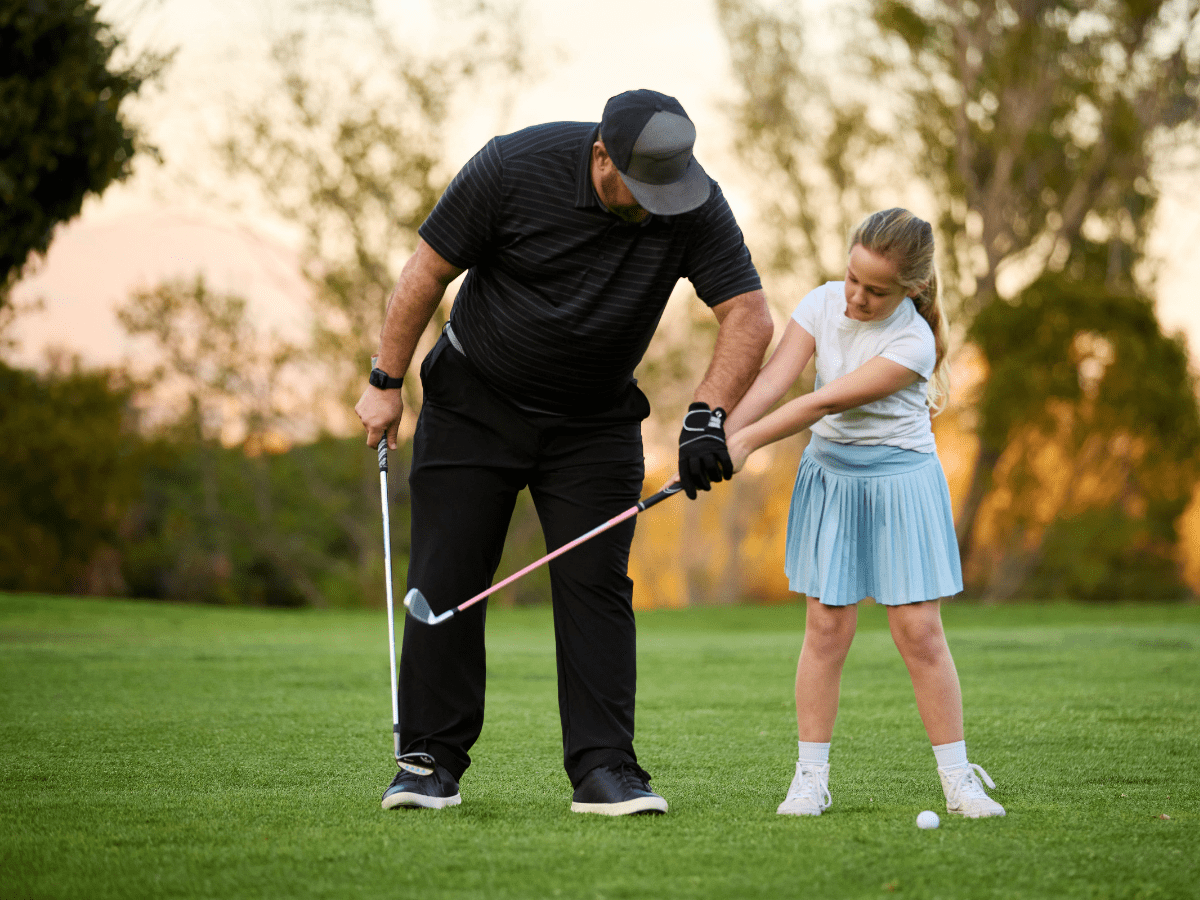
Coaching your own child – 5 tips for the parent-coach
June 12, 2024
| Sport New Zealand
Being a parent-coach presents a unique set of challenges. Coaching is all about relationships, but sometimes the relationship between a parent and child poses different demands to that of an athlete and their coach. Balancing both can be difficult; particularly...
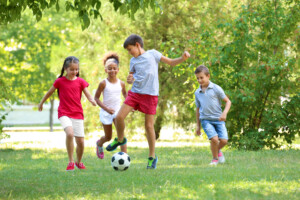
Exercise is medicine: Sport contributes to Canadian student well-being and chances of academic success
April 10, 2024
| Linda Pagani
Only 8% of school age Canadian students meet the recommended daily goal of more than 60 minutes of moderate-to-vigorous physical activity. Youth mental health problems have doubled over the past 2 decades. As family life represents a primary vehicle for child...

Shifting the narrative: Empowering parents and fostering understanding of their roles in the youth sport system
March 18, 2024
| By Jean Côté, Mia KurtzFavero, Haley Hunter Smith, Stuart Wilson, and Alex Murata
Parents as promoters of positive youth sport experiences One of the key social agents within the youth sport environment is the parent. They are commonly called upon to facilitate critical components of youth sport participation, such as providing material (registration...
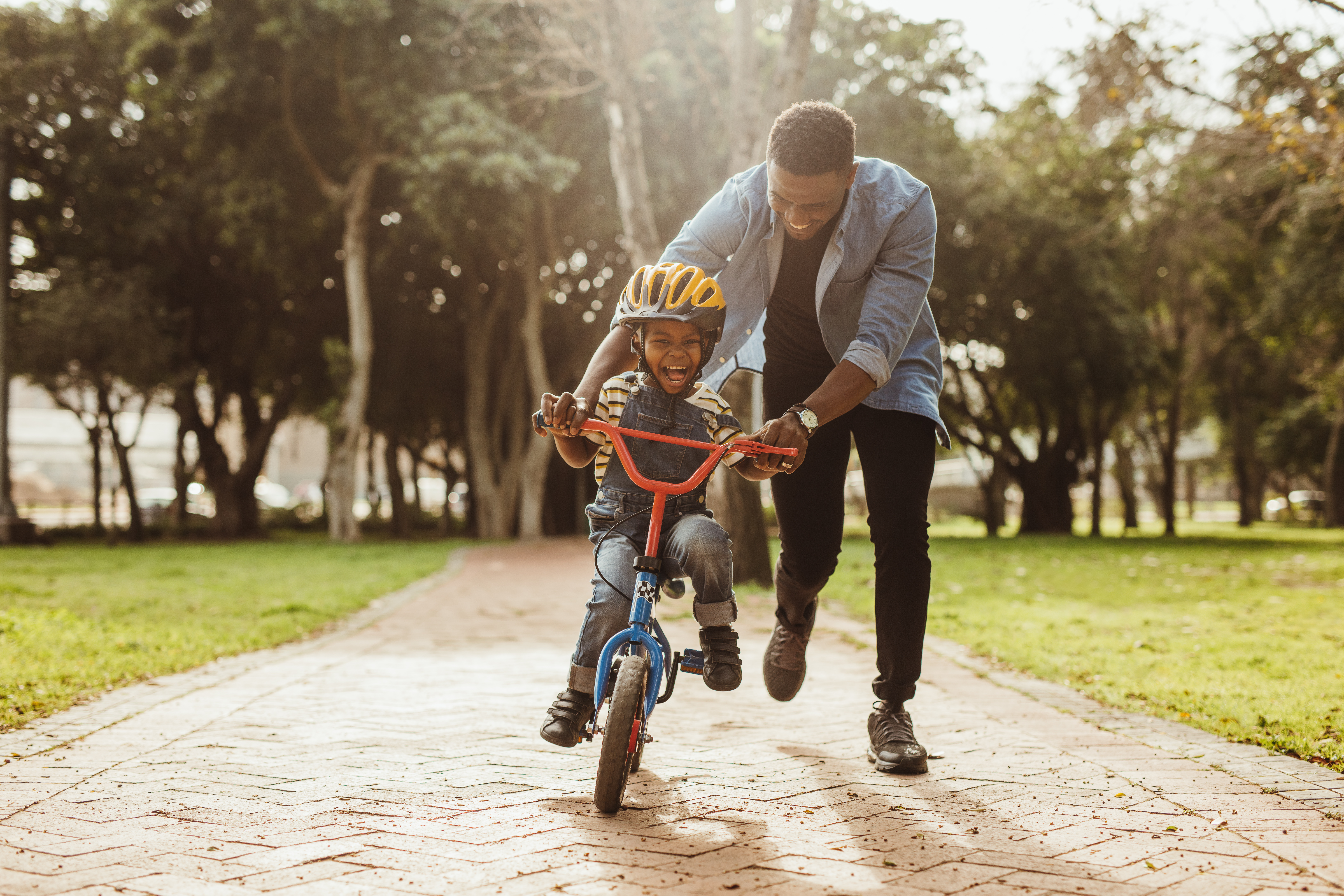
ParkSeek: Linking young Canadians to parks and recreational resources using geo-targeted messaging in a smartphone application
January 1, 2024
| Alexander Wray
Introduction and Context The ParkSeek study aimed to identify barriers to youth (aged 13-25) engagement with parks and recreational resources via a novel geographic ecological momentary assessment (GEMA). However, due to the COVID-19 pandemic situation, substantial challenges were encountered in...
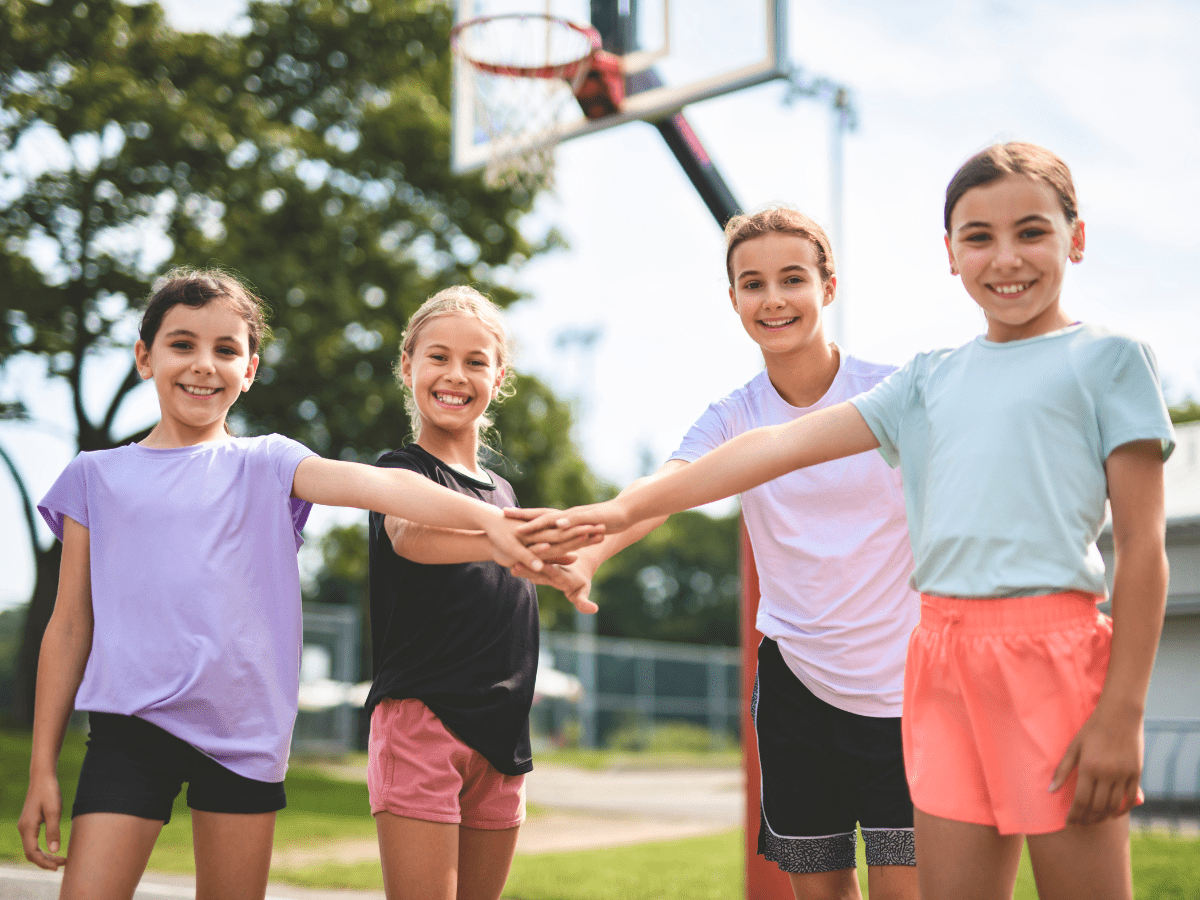
Schools play a key role in supporting youth physical activity
October 4, 2023
| Jeff Crane
For over a decade now, Canadian children and youth have received an overall physical activity grade of ‘D’ or worse according to the ParticipACTION Report Card on Physical Activity (ParticipACTION, 2022). Only 28% of children and youth currently meet the...

Facilitating physical activity and physical education participation in autistic children and youth
October 2, 2023
| Mathieu Michaud
Introduction and context Participation in physical activity (PA) and physical education (PE) is very important for all children and youth (C&Y) because it helps with physical, social, affective, and cognitive development (Bailey, 2006). Autistic C&Y especially gain from PA and...
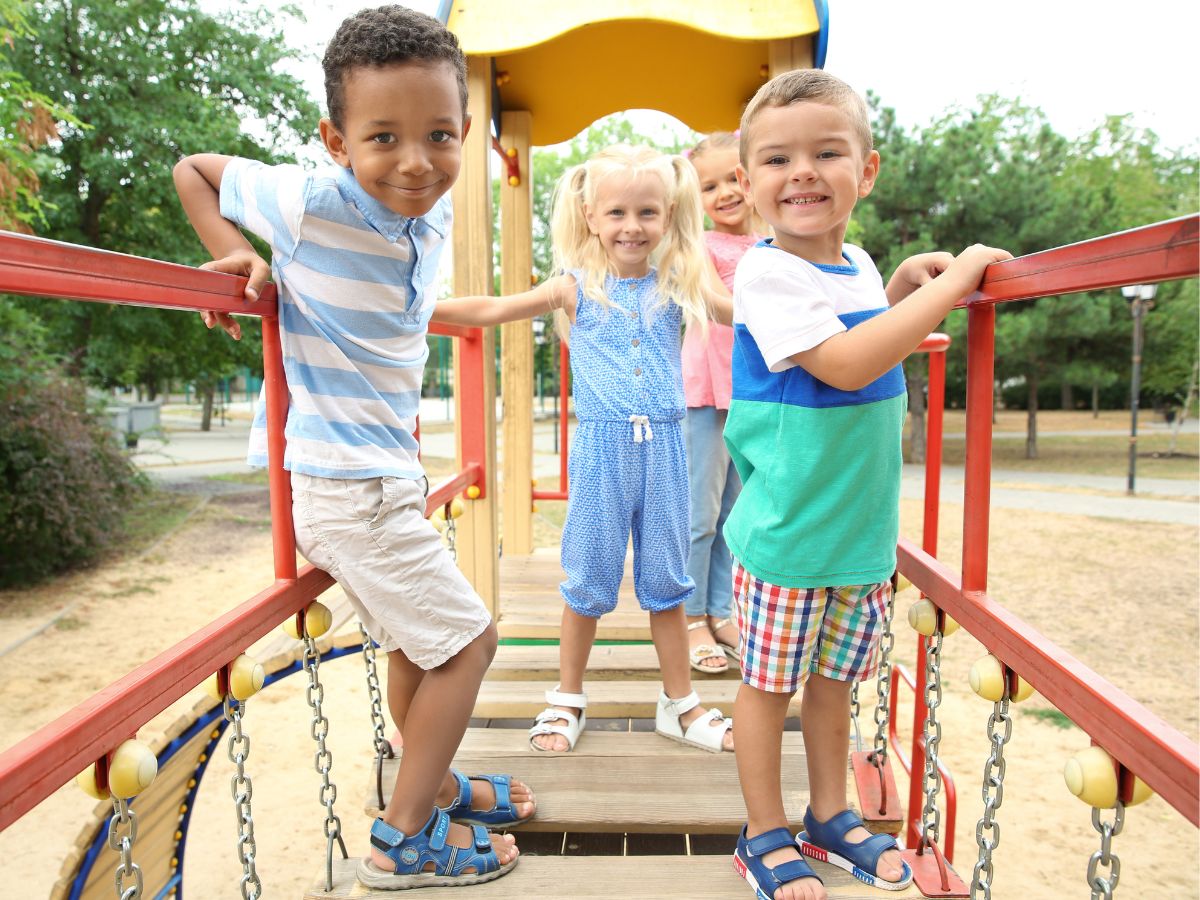
Influence of structural and psychosocial factors on the level of physical activity of preschoolers attending daycare
September 4, 2023
| Camille Gagné
Project Summary Objectives Theoretical framework: Theory of planned behaviour (Ajzen 1991) and the Cohen et al. structural model (2000). Research Methods Population: Children aged three to five attending a child care facility, run by the government of Quebec, in the...